East African Starbucks Java House coffee chain enters China, from selling coffee beans and tea
Professional coffee knowledge exchange more coffee bean information please follow the coffee workshop (Wechat official account cafe_style)
Java House, the largest coffee restaurant chain in East Africa, is preparing to enter the Chinese market.
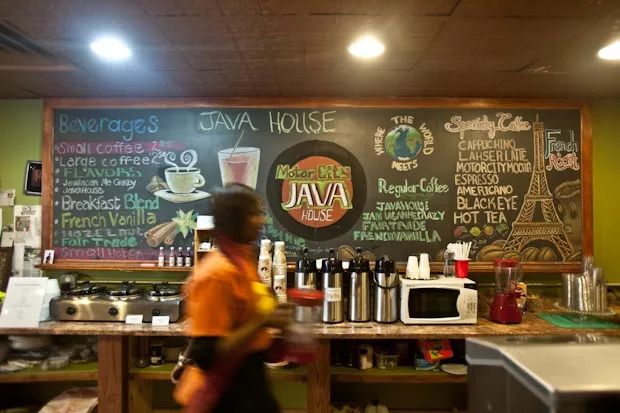
It is reported that Java House recently reached a distribution agreement with Shanghai Green Chain. Through Green Chain,Java, about 10-15 tons of goods will be exported to China every month, including 375g packaged Kenyan AA Arabica coffee and Gold Label brand tea.
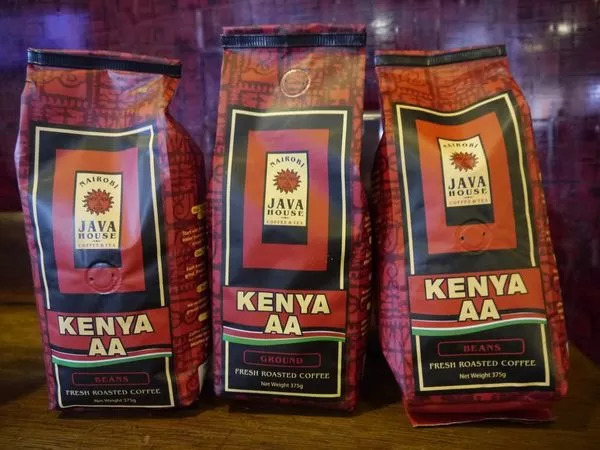
For Java, the partnership is part of its strategic expansion of the brand. Previously, the company was already exporting Hawaiian fruits to China, and now it is focusing on exporting high-quality coffee to China and more Asian countries.
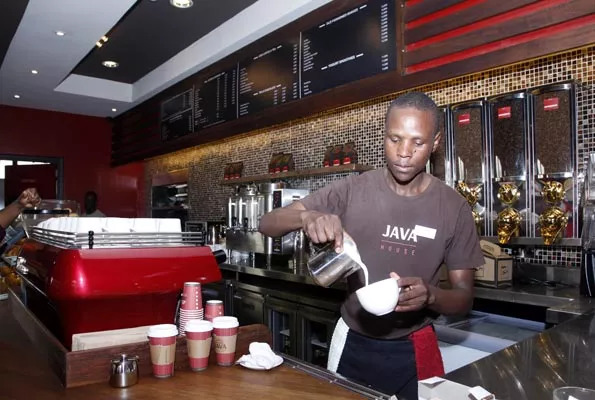
"the Chinese are already the main consumers of bagged coffee in many Kenyan local restaurants and cafes. Why don't we just sell our products to China?" Paul Smith (Paul Smith), CEO of Java House, told Reuters.

The Kenyan government attaches great importance to the coffee industry and is also working hard to solve the problems in coffee cultivation, including abolishing relevant taxes, introducing new varieties to reduce production consumption, reducing the debt of growers, and so on. Local governments are also speeding up the delivery process so that farmers can get payment as soon as they deliver the coffee beans.
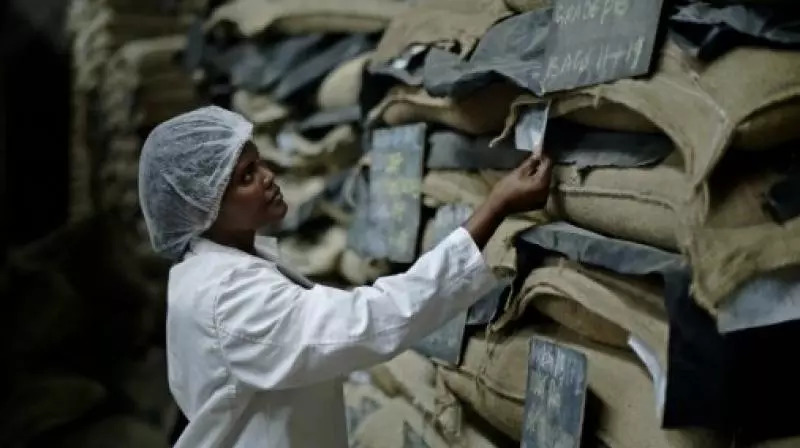
Besides coffee, Kenya is also the fourth largest tea producer in the world. The black tea produced here is of high quality, so tea has become one of the main products exported to China by Java House this time. Although China is also a big country of tea culture, coffee is the most concerned foreign drink in this market compared to tea. According to Statista, a German statistics company, the Chinese coffee market will grow at a compound annual rate of 14.3 per cent from 2018 to 2021.
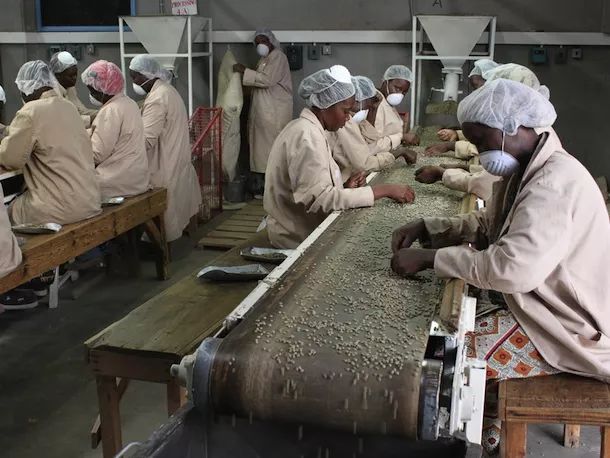
In Kenya, agriculture has made a significant contribution to GDP and local employment, and coffee is Kenya's second largest export after tea.
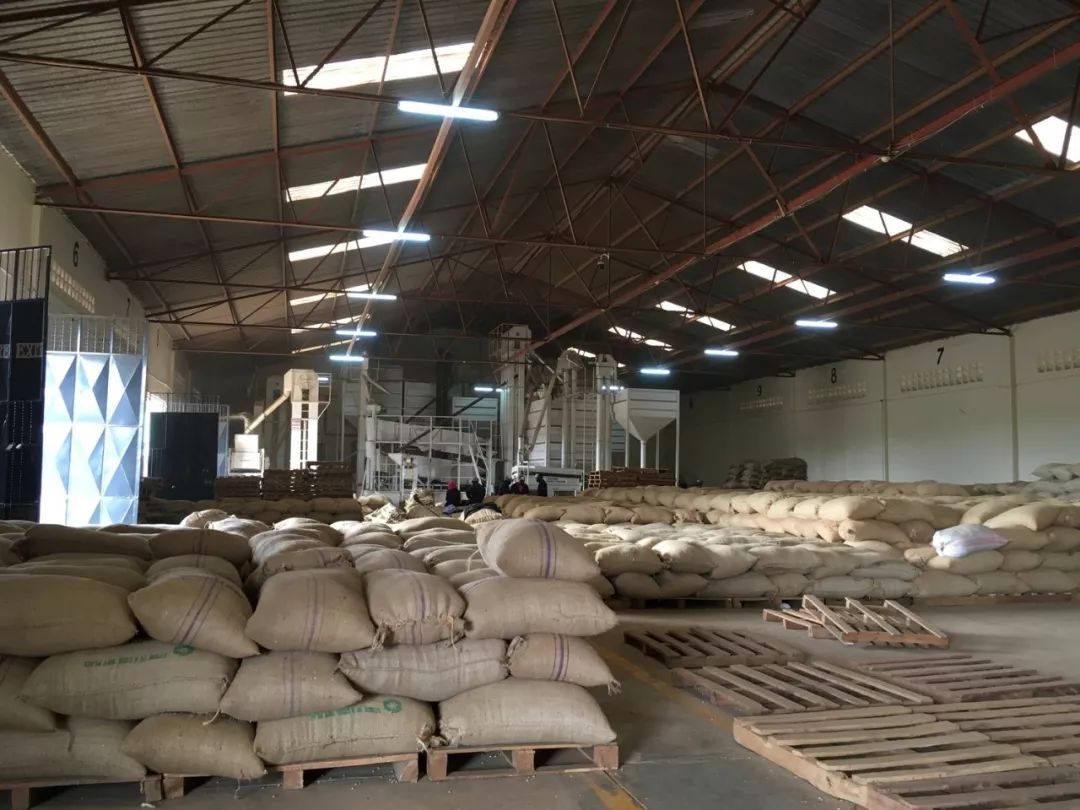
There are two types of coffee marketization mechanisms in Kenya, namely the Central auction Mechanism (Central Auction) and the Direct Marketing system (Direct Sales System).
The central auction mechanism is conducted under the auspices of a specific organization, the Nairobi Coffee Exchange (Nairobi Coffee Exchange). At auctions, most marketing agents sell unroasted coffee beans to exporters after cataloging, classifying and setting reserve prices.
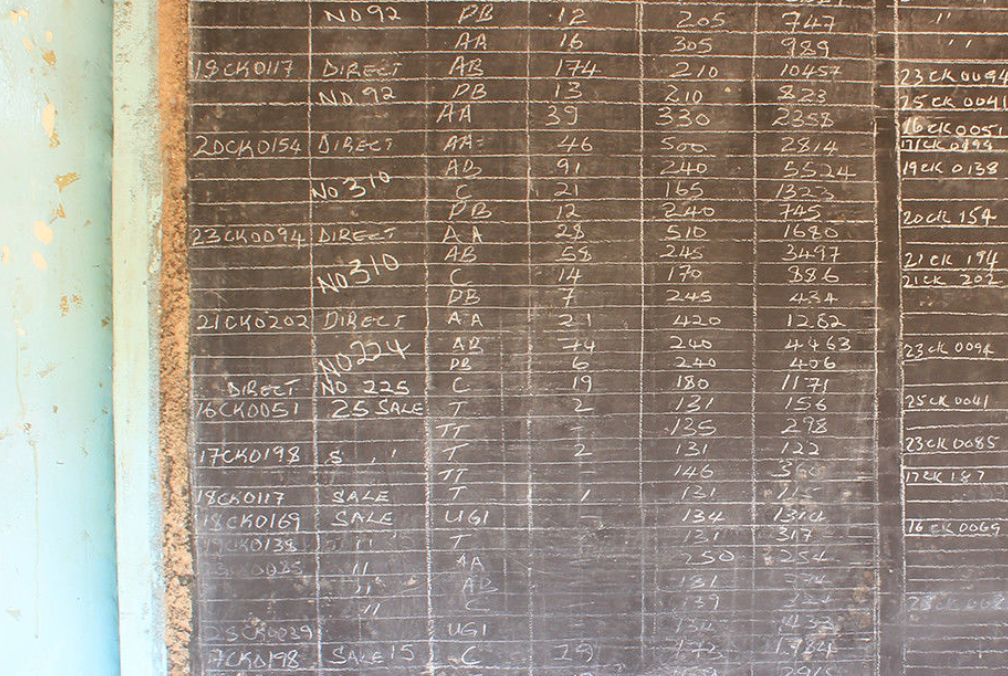
Most of Kenya's coffee beans are sold to Europe, while Germany is its largest importer.
This time Kenya is full of confidence and is ready to enter the Chinese coffee market.
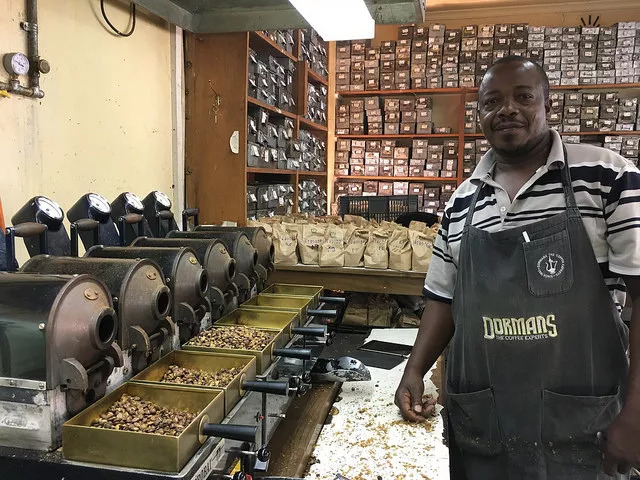
Kenya has a limited share of the local coffee market, because there are fewer local coffee drinkers in Kenya, so most of the coffee beans are sold abroad.
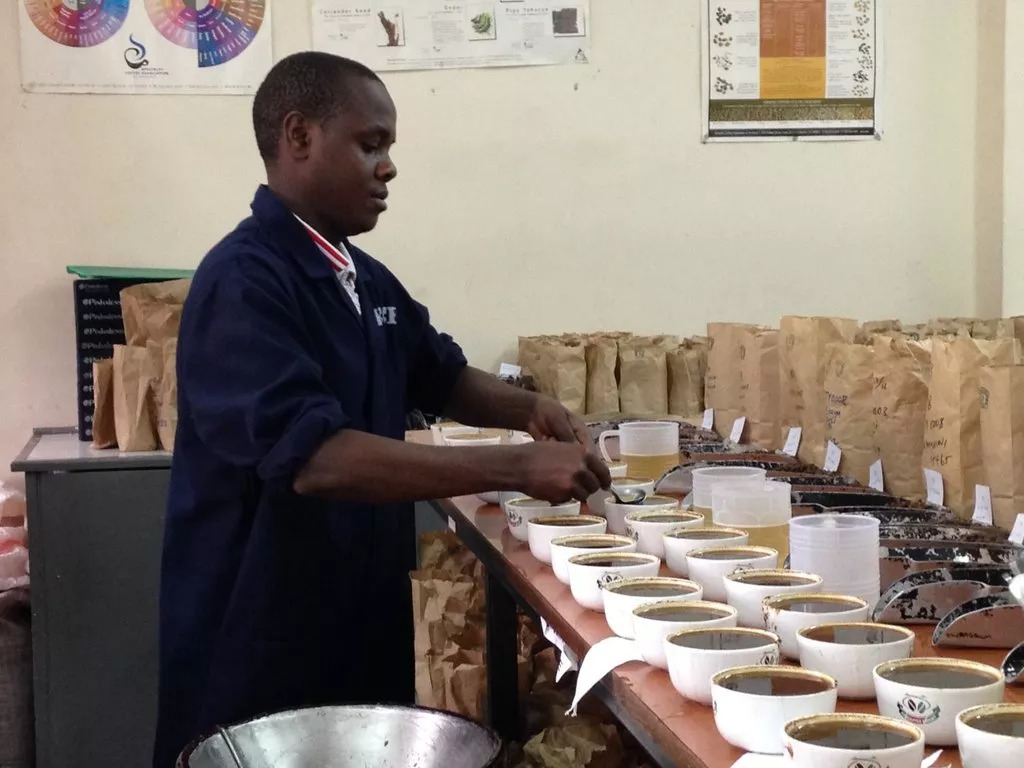
There are also many local bakeries in Kenya's coffee industry, including Stevkham Enterprise,KPCU Coffee Exporters,Raki Investment,Malaiki Coffee and Tea,C Dorman,Kenya Nut Company,Mwangi Coffee,MA Pandit&Co,Bico,Cejo Investment,Cnetral Impex Enterprise and Nairobi Java House, Tomoca (TO.MO.CA) Coffee.
Important Notice :
前街咖啡 FrontStreet Coffee has moved to new addredd:
FrontStreet Coffee Address: 315,Donghua East Road,GuangZhou
Tel:020 38364473
- Prev
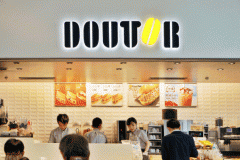
Japanese No.1 popular Doutor has opened! Japanese office workers clock in iced American coffee and sandwiches every day
Japan No.1 popular Doutor Wujiang Road opened, there is no doubt that there is a long queue! Many netizens have already clocked in to feel the daily coffee ritual of Japanese office workers. Photo source @ CelineDonglinfa. Celine is said to produce coffee beans mainly from plantations in Kona, Hawaii. There are also pictures from 20 different countries around the world @ Neng Xiaobao pictures.
- Next
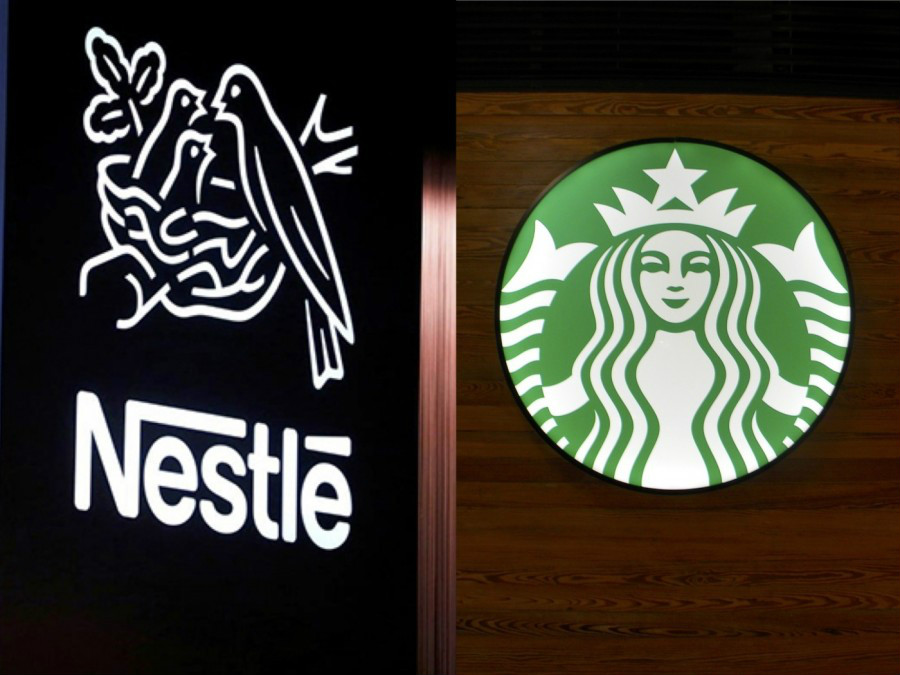
Headlines! Nestl é completes the purchase of Starbucks product sales rights, reaching an agreement of 7.15 billion US dollars
Professional coffee knowledge exchange more coffee bean information please follow coffee workshop (Wechat official account cafe_style) Switzerland's Nestl é and American coffee chain Starbucks said in a joint statement that the two companies have completed a licensing transaction and Nestl é has won the right to sell Starbucks coffee and tea products. The two sides announced the completion of the deal on the 28th, which gave Nestl é access to Starbucks Gate, the statement said.
Related
- The ceremony is full! Starbucks starts to cut the ribbon at a complimentary coffee station?!
- A whole Michelin meal?! Lucky launches the new "Small Butter Apple Crispy Latte"
- Three tips for adjusting espresso on rainy days! Quickly find the right water temperature, powder, and grinding ratio for espresso!
- How much hot water does it take to brew hanging ear coffee? How does it taste best? Can hot water from the water dispenser be used to make ear drip coffee?
- What grade does Jamaica Blue Mountain No. 1 coffee belong to and how to drink it better? What is the highest grade of Blue Mountain coffee for coffee aristocrats?
- What are the flavor characteristics of the world-famous coffee Blue Mountain No. 1 Golden Mantelin? What are the characteristics of deep-roasted bitter coffee?
- Can I make coffee a second time in an Italian hand-brewed mocha pot? Why can't coffee be brewed several times like tea leaves?
- Hand-brewed coffee flows with a knife and a tornado. How to brew it? What is the proportion of grinding water and water temperature divided into?
- What is the difference between Indonesian Sumatra Mantinin coffee and gold Mantinin? How to distinguish between real and fake golden Mantelin coffee?
- What does bypass mean in coffee? Why can hand-brewed coffee and water make it better?

